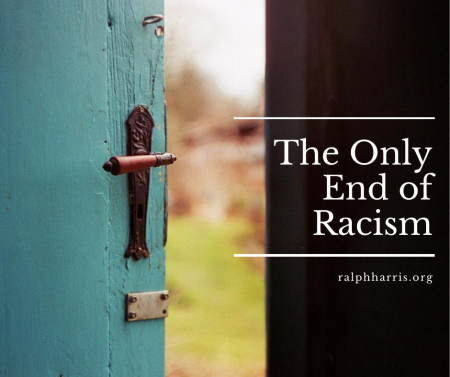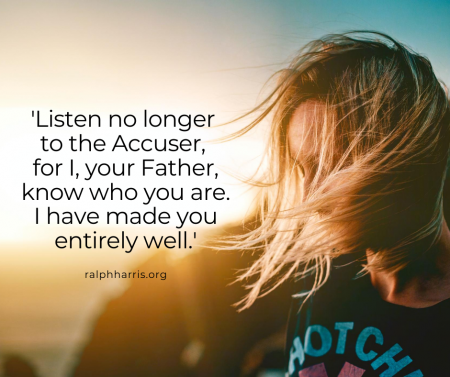THE PROBLEM WITH PASSIONLESS CHRISTIANS

For many years I have heard and read people’s warnings to uninvolved, passionless, heatless believers. Always the cure prescribed was to get more involved, to get heated and fired-up for Jesus by doing more things for Him. In other words, “Get busy. Here’s how . . .”
However, whatever is heatless, whatever is lukewarm, be it water or human, cannot heat itself. It requires something else for heat.
Works do not provide the heat for the non-Christian of what is lacking; belief in the gospel provides what is missing. Works do not provide the heat for the Christian of what is lacking; belief in the gospel provides what is missing.
Yes, it’s the same for both. Faith without works is certainly dead, but works without faith are just as dead.
A focus upon works requires the skilled judgment of motivation, effectiveness, frequency and number. Some church gatherings have postured heat through a works focus, and everybody examines everybody. What fun. Judgments galore. But even if the pastor or speaker tells the listener to examine his own works—not the works of anyone else—the works focused person will have put himself into the position of Pharisee to himself. Nobody does well from there. Who among us could accurately estimate works sufficient to pass a works or heat test with God? (Shudder.) The only test, and the only thing upon which we rest is whether or not we are “in the faith” (see 2 Corinthians 13:5-6). In other words, do you believe? That’s it.
If and when the “fire” or the motivation of passion for a Christian should grow cold, works are not the wood that will heat the hearth of the heart. Works are the result of the Holy Spirit fanning to flame the heart that takes in the truth of the good news of Jesus Christ.
Perhaps the worst thing we can do to a presumably passionless or “heatless” believer is to tell him to have heat. The best he can do is to try for the appearance of heat, which does nothing for the heart. What he needs, what we need, is the great gospel—over and over again. The gospel is that because of the cross and resurrection of Jesus, we have no worries with God; we may approach Him as a friend, with confidence and without fear, and have been given all things already in Christ for free. That is the wood for a genuine, heart-held fire made by the Spirit.
If you or someone you know, Christian or not, appears to lack heat, add the kindling that is the gospel of the grace of God in Jesus—take time with it and with them—and the Spirit will take care of the heat and the works. That’s what He does, and He’s pretty good at that. Right?













